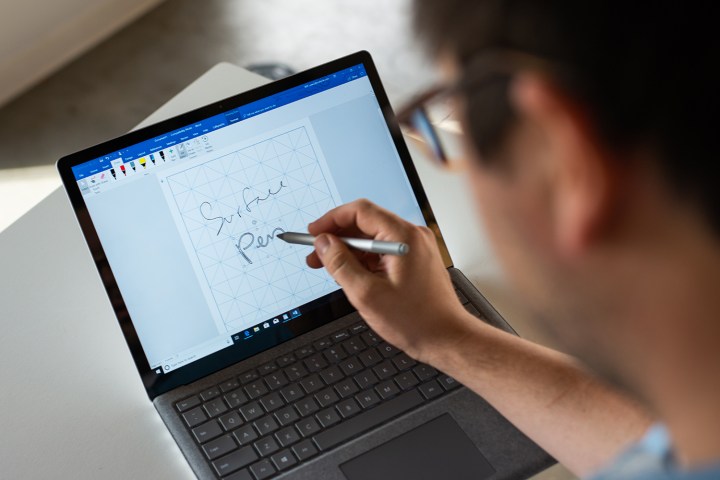
After a month of bugs, Microsoft re-released the Windows 10 October 2018 Update in mid-November, but some problems are continuing to plague people who have installed it on their PCs. In the latest, two new issues with administrator accounts and FLAC media files have surfaced.
With the first problem, noted by Techdows, if a consumer has chosen to enable Windows 10’s built-in administrator account, it will automatically be disabled when upgraded to the Windows 10 October 2018 Update. The feature is typically off by default for security reasons but can be useful for troubleshooting a PC. This can be problematic for more technical savvy consumers, but Microsoft acknowledges the issue in a blog post and notes that a solution is coming in late January. It is also encouraged for consumers who typically depend on the administrator account to sign in with a second account with administrative-level privileges before updating. That can be done by heading to “Computer Management,” selecting “Local Users” and “Groups” and clicking on “Users.”
The second issue is a little less severe but impacts the way that FLAC media files are played in the Windows 10 October 2018 Update, MSPoweruser reports. These uncompressed audio files typically allow for a quality listening experience, but in the latest version of Windows, metadata like track names would be cut short in File Explorer and other locations across the operating system. The built-in Groove music player and even Windows Media Player also have issues playing these files, cutting out the first minute of a song. There is currently no word on Microsoft a patch, but a support thread reveals that Windows Insiders are currently beta testing a release which includes a fix for the problem.
Though both of these problems are not as dramatic as the file deletion bug which first caused Microsoft to pull back the public release of the Windows 10 October 2018 Update, they still can cause headaches. If you’re experiencing similar issues, it is best to visit the Windows 10 Feedback Hub to report it to Microsoft. The company typically monitors that forum, often address these issues raised by consumers in monthly patches for Windows 10 on the second and occasionally the fourth Tuesday of every month in the year.
Editors' Recommendations
- Scores of people are downgrading back to Windows 10
- The next big Windows 11 update has a new hardware requirement
- Windows 11 tips and tricks: 8 hidden settings you need to try
- Windows 11 vs. Windows 10: finally time to upgrade?
- Beware! The latest Windows 11 update might crash your PC


